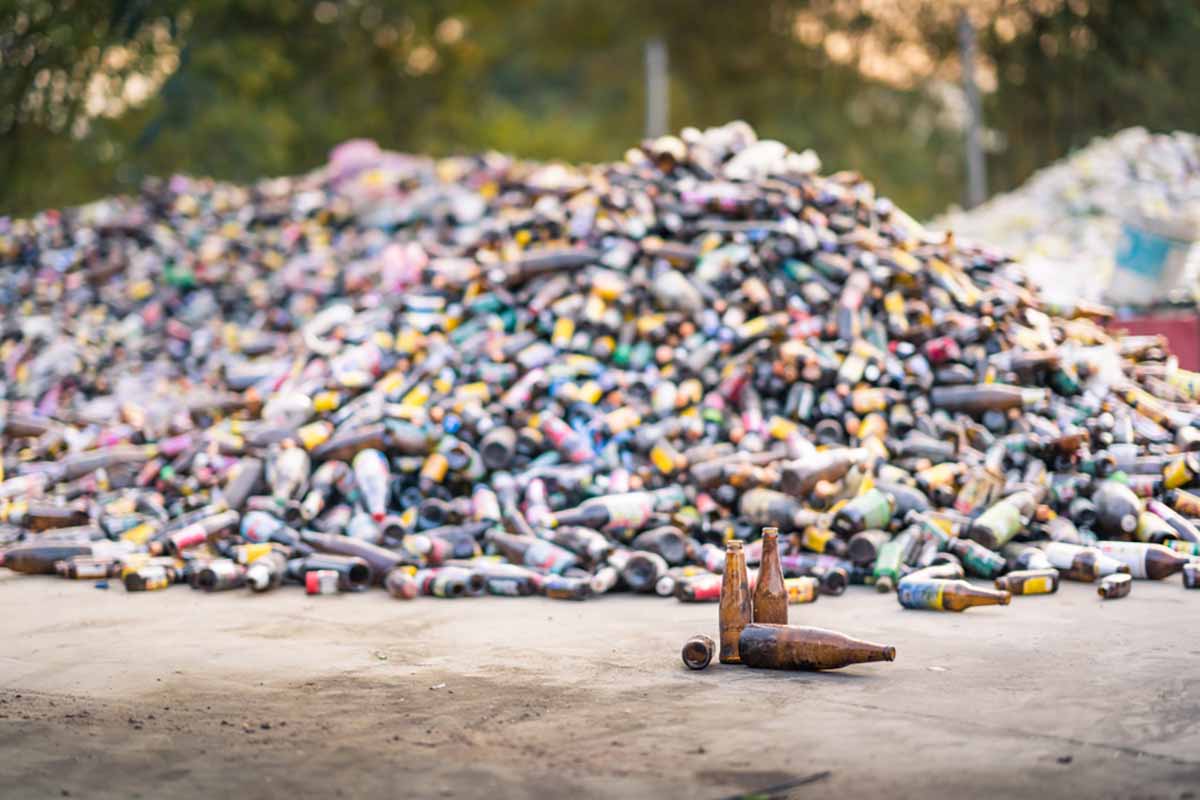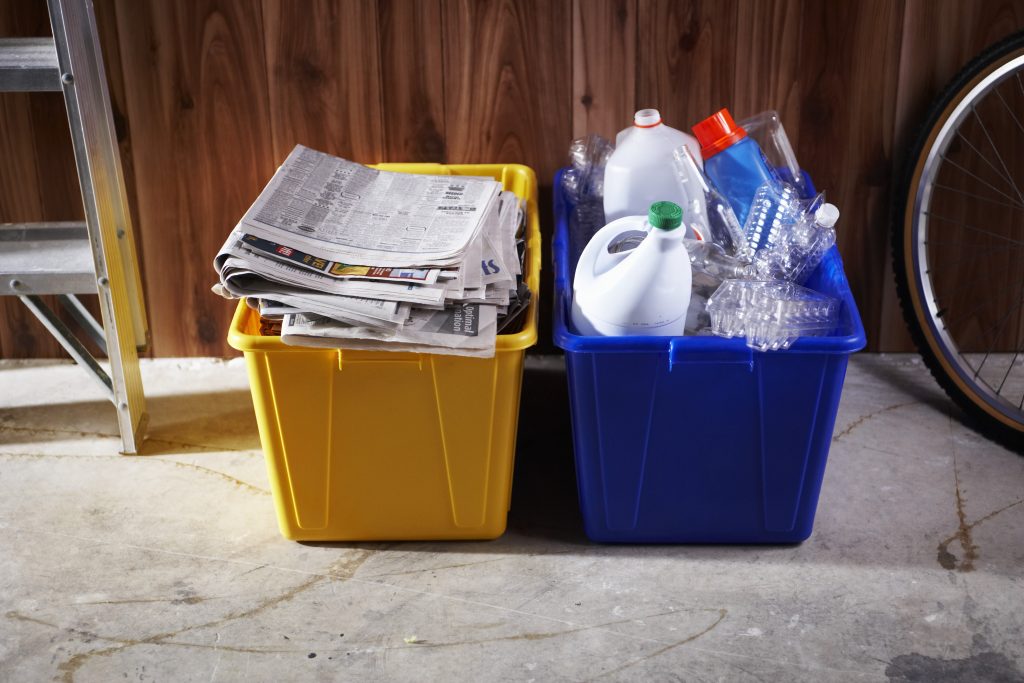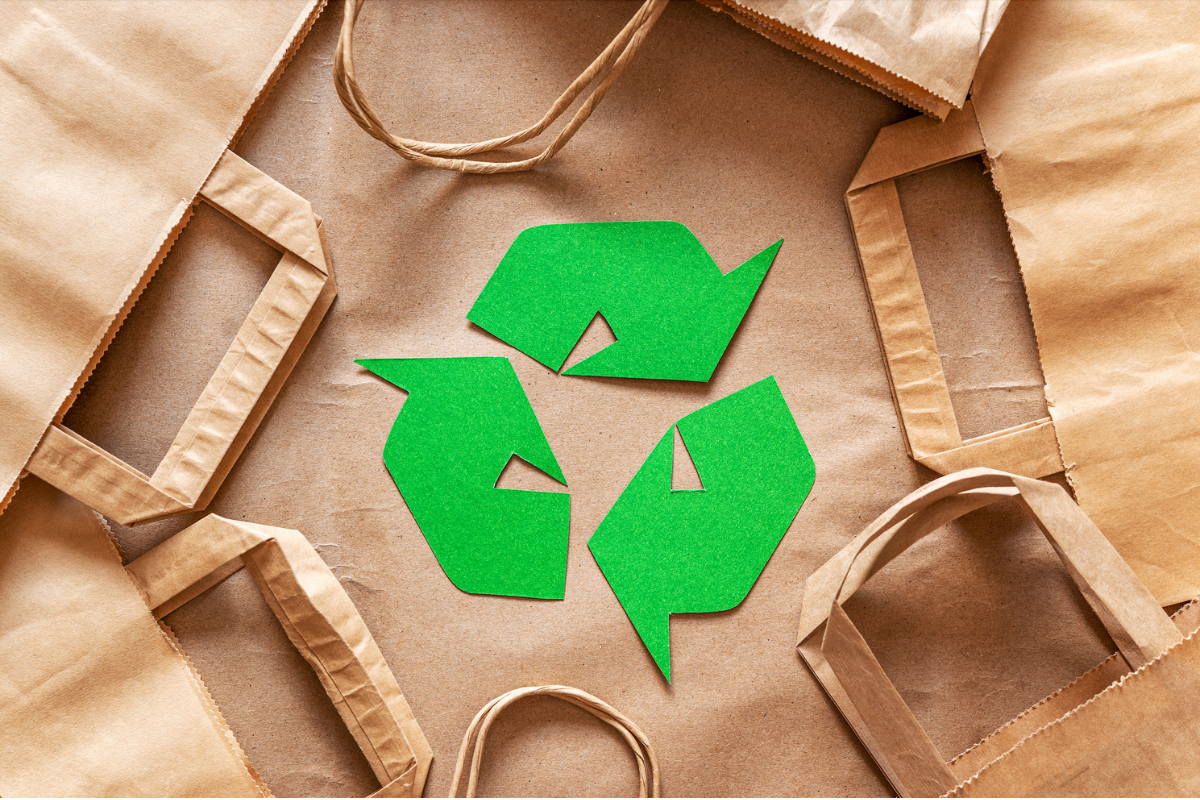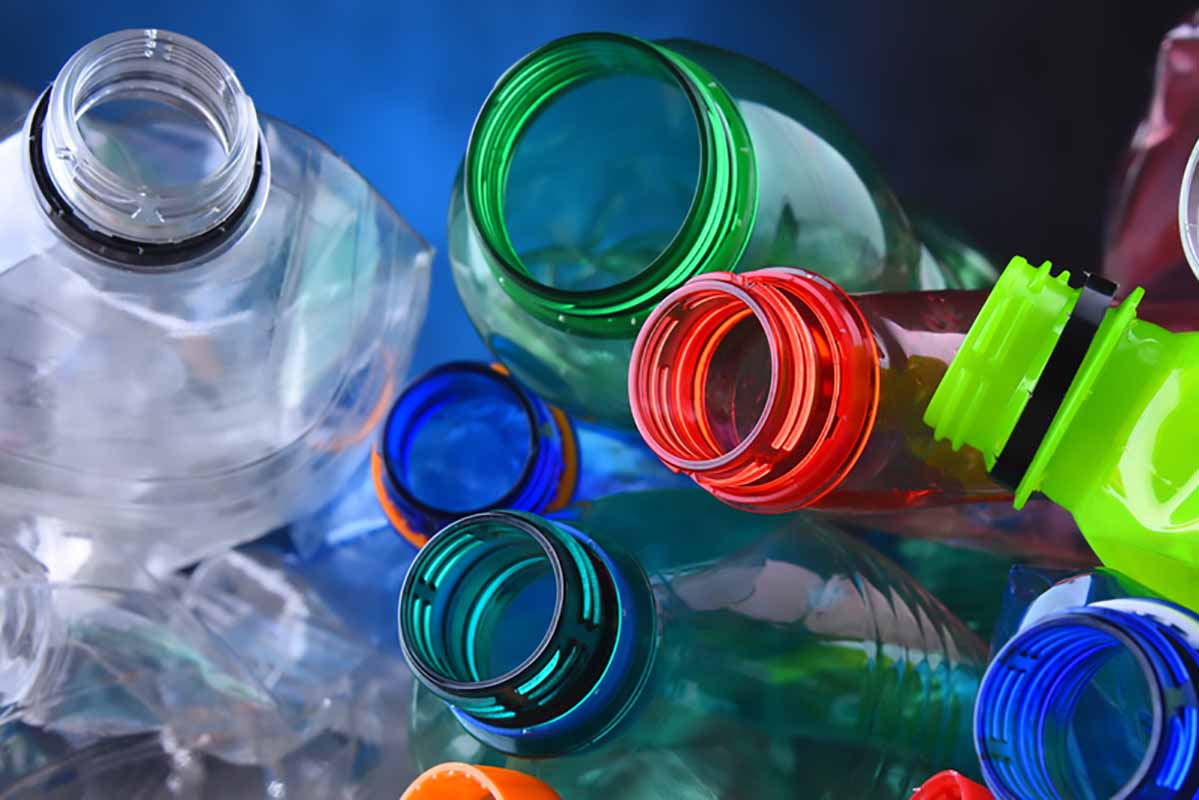
A bill introduced in New York seeks to close loopholes in an existing right-to-repair electronics law. | Real Window/Shutterstock
The first U.S. state to pass a right-to-repair law covering electronics could also be the first state to amend such a law. Continue Reading


 Marissa Heffernan started working for Resource Recycling in January 2022 after spending several years as a reporter at a daily newspaper in Southwest Washington. She can be contacted at
Marissa Heffernan started working for Resource Recycling in January 2022 after spending several years as a reporter at a daily newspaper in Southwest Washington. She can be contacted at 







